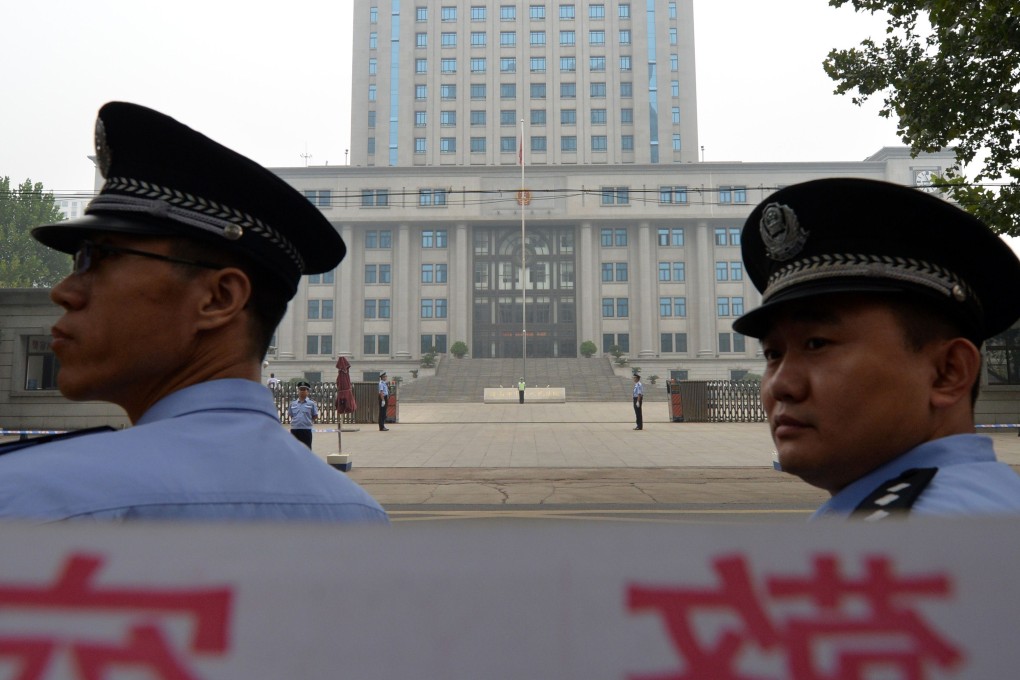Opinion | New rules to prevent meddling by officials are a big step forward for China's rule of law
Hu Shuli says that after many years of reform and economic growth, it is the right time for new regulations to improve credibility of the judiciary

Another initiative has been taken to strengthen the rule of law. On March 31, the General Office of the Communist Party's Central Committee and the General Office of the State Council jointly issued details of a set of regulations to prevent officials from interfering with judicial cases.
At the party's fourth plenary session last October, the leadership called for a system to allow instances of abuse to be recorded and reported, and to bring the errant officials to book. Preparation work went ahead in a high-profile manner. The regulations are by far the most comprehensive yet designed to ensure justice and improve the credibility of the judiciary.
Miscarriages of justice resulting from corruption in the judicial system have long been a serious issue. This has caused discontent among the public. The culprits are party and government officials.
There have been many such cases. Ma Jian, the former deputy minister of national security, interfered with criminal cases on many occasions. In 2012, Ma forced the public security bureau of Henan province to release suspect Zhao Yunan, and quashed his case. Ma was no doubt trying to protect a corrupt network trading in money and power. We can only imagine that higher-ranking officials would even more blatantly interfere in the name of "strengthening the party's leadership over judiciary work". This not only undermines the judiciary, but also the public's confidence in the rule of law. Such officials are like tumours in the system.
The regulations contain 13 provisions, some of which are innovative. For example, Article 3 states that even government departments or leaders with responsibilities in judicial work are not allowed to decide on the admissibility of evidence, fact-finding, adjudication and so on.
The regulations set out procedures for judiciary personnel to record and report a case in the event that senior officials interfere. The regulations are detailed, stating not only the obligations of the meddler, but also those of people affected.
The regulations will help judicial authorities exercise powers independently, impartially and in accordance with law. However, there is a long way to go before this goal is achieved. Respecting and protecting members of the legal profession is key.
